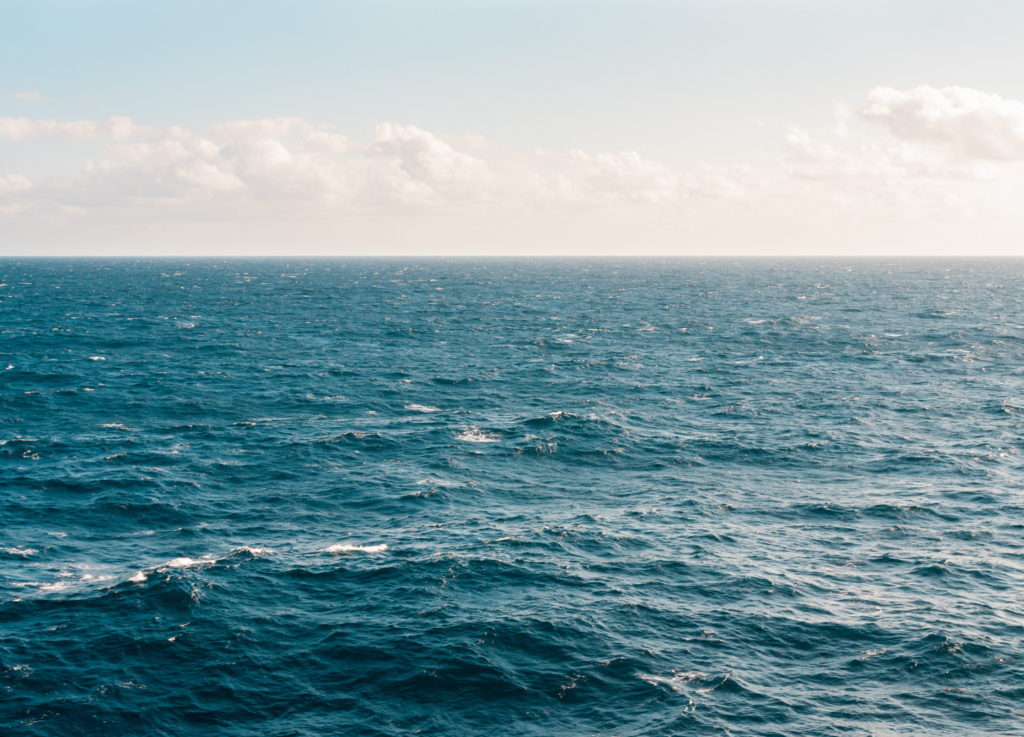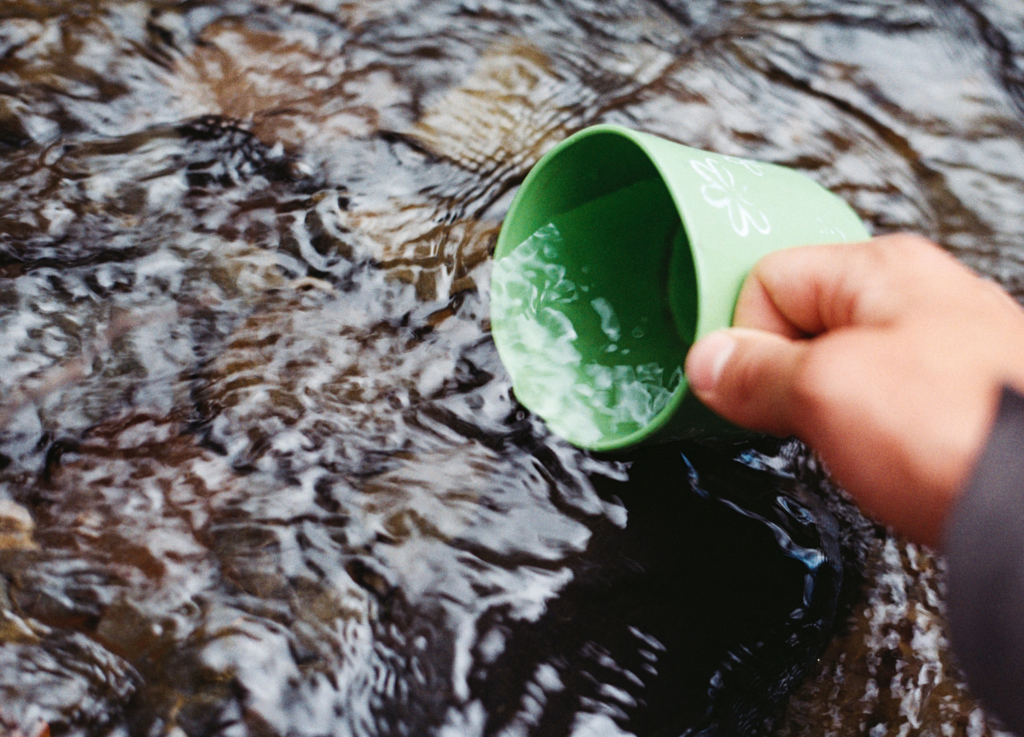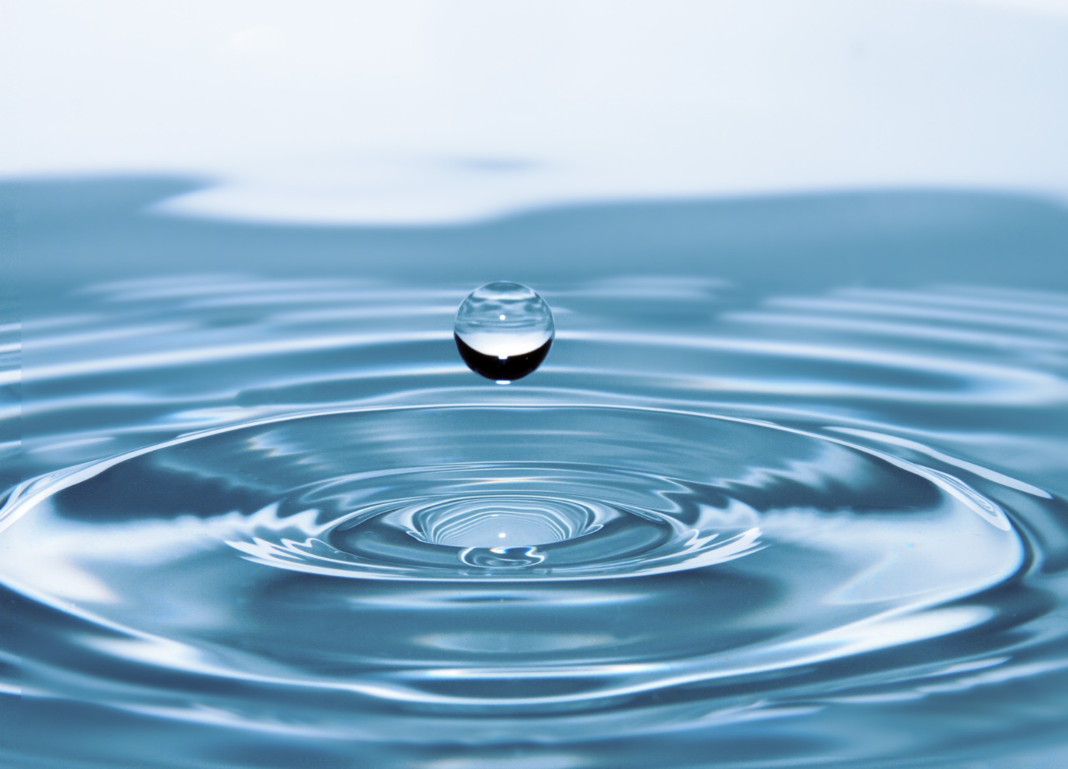Understanding the fundamental role that water plays on Earth and in all aspects of life phenomena represents one of the most challenging research problems in science and technology. Water supply dangers should be addressed instantly and completely – because we cannot survive without it.
Despite being so vital to our lives and crucial to most of the mechanisms of living organisms, water is one of the weirdest substances found in the universe. Here are some interesting properties about the compound that makes up most of our planet…as well as our bodies!
- As a gas it is one of lightest known
- As a liquid it is much denser than expected.
- As a solid it is much lighter than expected.
- Unusually high melting point.
- Unusually high boiling point.
- Water shrinks on melting.
- No other material is commonly found as a solid, liquid, and gas.
Water is so commonplace in our everyday lives that it is regarded as a ‘typical’ liquid. However, water is atypical as a liquid.
- The high cohesion between molecules gives it a high freezing and melting point – such that we and our planet are bathed in liquid water.
- In the last 4 degrees of cooling down to freezing point, water starts to expand once again, instead of continuing to contract with cooling. As a result, ice is lighter than the surrounding water, which therefore floats.
- This remarkable property results in the freezing of rivers, lakes, and oceans from the top down. This permits survival of the bottom ecology, insulates the water from further freezing, reflects sunlight back into space, and allows rapid thawing.
- Thermal changes result in seasonal convection and mixes in deeper temperate waters carrying life-providing oxygen into the depths.
- The very large heat capacity of the oceans and seas allow them to act as heat reservoirs – such that sea temperatures vary only a third as much as land temperatures and so moderate our climate (for example, the Gulf stream carries tropical warmth to northwestern Europe).
- Water’s high surface tension plus its expansion on freezing encourages the erosion of rocks. It literally cracks them and splinters them, to give us soil for our agriculture.
- Finally (the list is endless), with increasing pressure, cold water molecules move faster but hot water molecules move slower. Hot water freezes faster than cold water and ice melts when compressed except at high pressures when liquid water freezes when compressed.
When the Water on the Water Planet is Compromised

Our planet is far more WATER than EARTH. “Earth” is a misnomer – we should be named the Water Planet. There is nowhere like Earth in the near-universe. Titan has its “oceans of methane” and so on, but there is nothing as biofriendly as the third planet from the Sun.
Do we protect this natural wonder from harm?
No. We’re reckless and greedy beyond belief. It seems that most individuals, governments, and multinational conglomerates don’t care about saving this precious gift from ruin.
Westernized countries have squandered the resources that will be needed by their children and grandchildren. Americans have gone further and squandered their great grandchildren’s world, plus saddled them with debts of such staggering weight that they can NEVER be paid off.
What a gift to the generations to come!
There is little hope that disaster will be averted because the very money accumulated from greed is being spent in blocking attempts to stop the damage by those who care. It’s like playing Monopoly when your opponent has all the money and you’ve got none.
The Current State of Freshwater Supply
We read a lot about pollution. I won’t bore you by repeating it all, but the facts are terrifying. Of the extraordinary quantities of water we have on Earth, less than 1% of it is drinkable. This comes from freshwater sources.
Nowadays, we say “drinkable water” but that’s not the same as pure. Even the most remote lakes and waterways on our planet are measurably polluted.
Polar ice and frozen glaciers account for about 68% of the Earth’s freshwater supplies. When the ice caps are gone (and they’re melting at an astounding rate) it’s goodbye to the biggest chunk of our freshwater resources. Meanwhile, contaminated rain and snow are falling (and building up) on the icecaps that contain more pollution.
A further 30% of our water is found in groundwater reservoirs. It can be retrieved by wells but only with some difficulty. Groundwater is heavily contaminated with industrial chemical pollution. Even if that stopped tomorrow (and I think we can all agree that’s unlikely) there are still enough chemicals underground to poison our groundwater for the next 50 years.
If you’re not worried…you should be.
Two Water Supply Dangers That Threaten Humankind

- There is less drinkable water available, being used by more people.
- What we have is being poisoned and will eventually become worthless.
The latter is the one I worry about most. We could always be wrong about relentless global warming. The trend could reverse and we’ll find ourselves plunged into a new Ice Age.
However, even then the contaminated water of lakes and groundwater is irrefutable and will not go away. We are stuck with the mess we’ve created.
Generations not yet born are being sacrificed to the greed of the moment.
How You Can Help Limit Dangers to Our Water Supply
- Stop using soaps that contain phosphate detergents and don’t pour these types of soaps and cleaners down your drains.
- Switch to glass-bottled water. It has no phthalates and BPA from plastics. Also, you will help to reduce the abomination known as the North Pacific Gyre (aka: The Great Pacific Garbage Patch = 100 million tons of human garbage floating in the ocean, killing birds, fish, and animals).
- Do not throw anything into waterways that lead to the ocean. If 7 billion people continue dumping into the ocean – the parts that sustain life are going to get a lot smaller, a lot faster.
- Make every effort to avoid wasting water. Yes, that means YOU! It means everyone. You may not live in an area accustomed to water shortages but if we keep losing the polar ice caps, we will all eventually live under freshwater restrictions.
- Finally, learn techniques of personal water cleansing and management.
Water supply dangers – and the potential disappearance of drinkable freshwater resources – are a very real problem. It might not affect you in your lifetime but the generations to come will pay the price…and it is going to be costly.
Perhaps even deadly.




